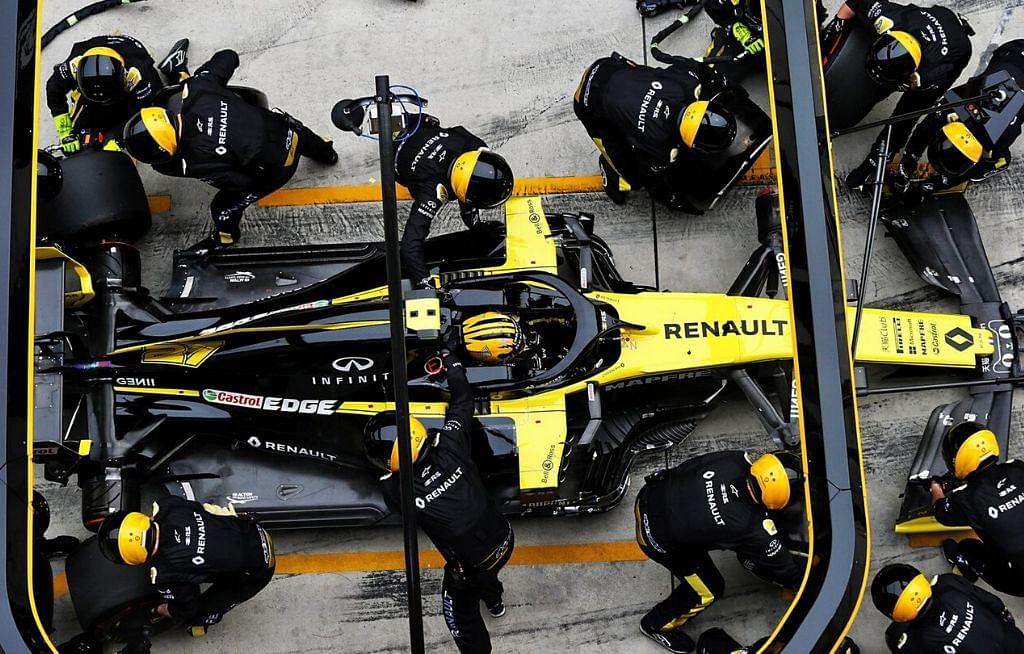Formula 1 is a team sport even if there is only one driver on the car, the team principal along with his set of engineers to mechanics responsible of making upgrades in the car during the race itself.
Also, the team of mechanics usually deal with the crises or unprecedented situations, like if the engine is failing before the race, they have to restore it.
Or if a car damages itself moments before the race they have to make swift amends to make it viable, just like Red Bull’s team had to anticipate when Max Verstappen damaged the front of his car before the start of the race in Hungarian GP.
When your race might be over before it’s even started 💥
But you eventually finish P2 😮#HungarianGP 🇭🇺 #F1 @Max33Verstappen pic.twitter.com/o9JDpGYUsy
— Formula 1 (@F1) July 19, 2020
Red Bull’s mechanics in less than 30 minutes replaced the front of the car and Verstappen was able to join the race. Apart from that the major point of efficiency from mechanics is required during the tyre changes.
Every driver hates pit stops, as they fear of losing momentum or dominant positions since an average pit stop procedure takes around 20 seconds.
So, a clumsy tyre change can be highly fatal, thus each team has to ensure that they complete this task in time. Some teams have even registered records for fastest pit-stops.
F1 Mechanic Salary: How much they earn?
As per the careertrend.com, “Automotive service technicians and mechanics earn a median salary of $39,550, which means that half of all mechanics earn more than this while the other half earn less. The top 10 per cent earn more than $65,430, while the bottom 10 per cent earn less than $22,610.”
Not a high paying figure, but at the end of the day, a paid travel across 7 oceans for 180 days makes up for it. Apart from that one can surely raise in the hierarchy of the team if he/she gains other skills.
- Entry Level: $20,458 to $43,834
- Mid-Career: $24,173 to $57,116
- Experienced: $26,390 to $63,496







